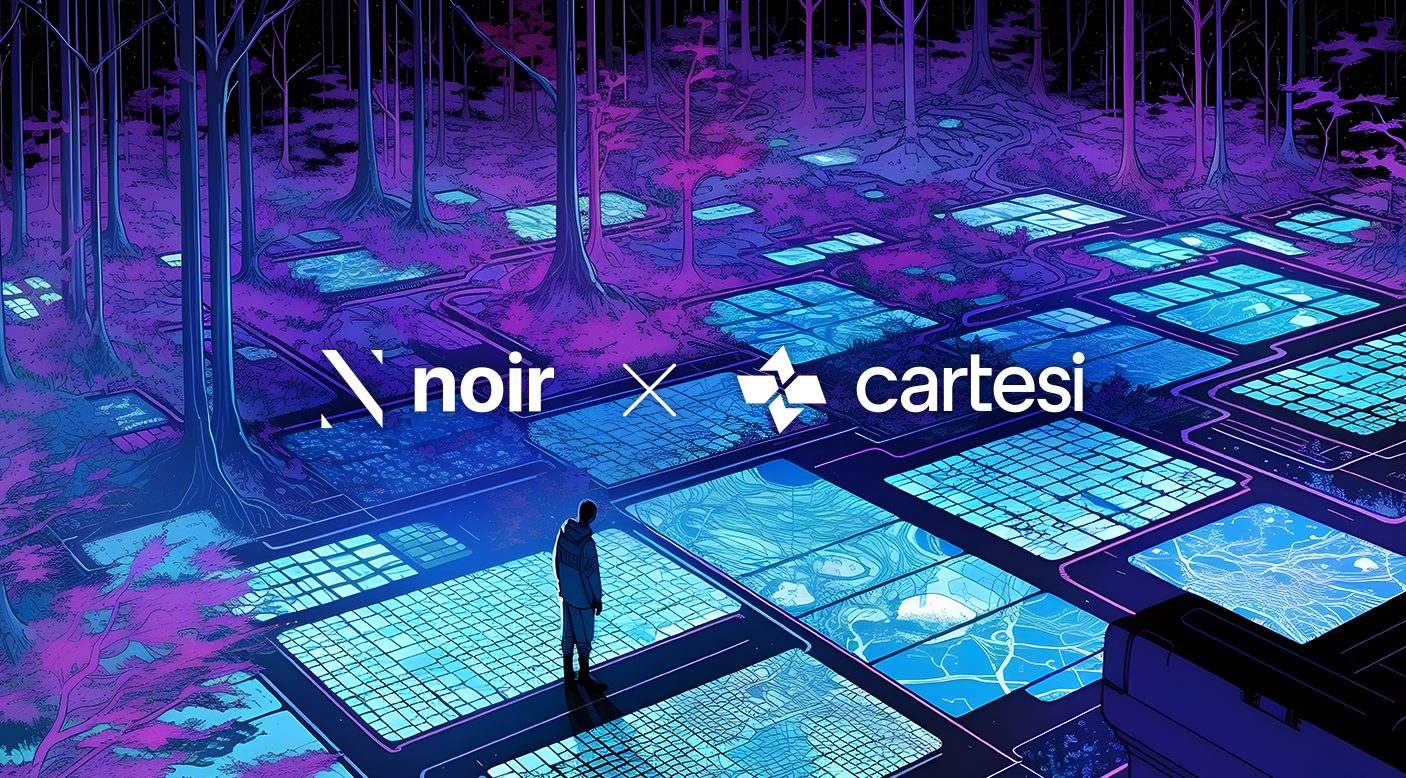A fifth-year doctoral student at the University of California, Los Angeles (UCLA) has claimed top prize in a contest run by graphics collaboration platform Omniverse.
Yizhou Zhao, who is pursuing a PhD in statistics, won the #ExtendOmniverse contest with an IndoorKit for robotics simulation environments. His reward? Humble bragging rights and an NVIDIA RTX GPU graphics card.
Opening Pandora’s Box
The Omniverse Code Contest invited entrants to show how they could #ExtendOmniverse with the developer-centric Omniverse Code application. According to Zhao, “The moment [he] opened Omniverse, [his] knowledge and skills in math, physics, computational geometry, 3D design, animation, and deep learning came alive.”
The brainiac student scooped the grand prize with a kit that enables users to easily load and record robotics simulation tasks in indoor scenes. It configures robotics manipulation tasks by automatically populating scenes with the indoor environment, the bot and additional aspects in a matter of clicks. Zhao utilized the open-source Universal Scene Description (UDC) file framework to create the extension.
Users can wield the IndoorKit extension to manipulate a scene’s lighting and room materials by simply clicking ‘add object’. They can also record the scene.
The task didn’t put Zhao too far out of his comfort zone: in his studies he has been busy working on designing algorithms for multiple AI experiments. The student praised the way Omniverse can allow for the creation of tasks for robots “in a photo-realistic and physics-reliable manner.”
There were other winners, too: Gavin Stevens claimed the Layout and Scene Authoring Award with a Meta Cloud Explorer extension, which permits cloud service architects to picture their cloud architecture in their own private Omniverse. Architect Pingfan Wu, meanwhile, won the Scene Modifier and Manipulator Award with an extension dubbed SunPath, which helps users modify sunlight control.
NVIDIA’s Omniverse is an extensible platform for creating and operating metaverse applications. Individuals and teams can use the platform to create custom 3D pipelines as well as simulate immersive virtual worlds at scale. Recently, NVIDIA joined forces with Fortune 50 retailer Lowe’s to create a ‘digital twin’ of outlets in Mill Creek, Wash,. and Charlotte, N.C. With these AR clones, associates can use ‘X-ray vision’ to compare what a store shelf should look like with the reality, and ensure it’s stocked with the correct products in the proper configurations.
Omniverse can be downloaded for free, whole enterprise teams can use the platform to create 3D projects.






